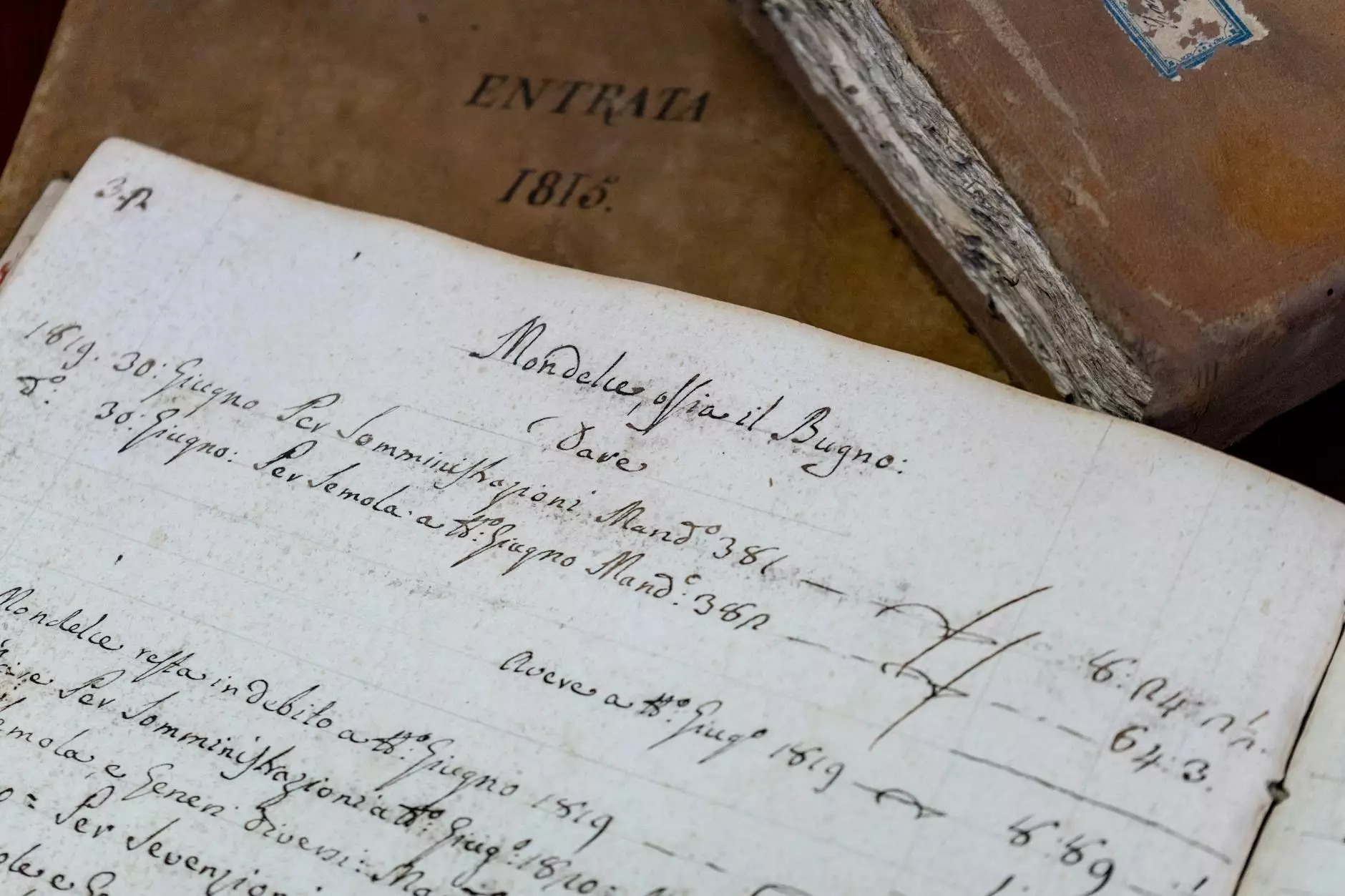Importance of Missouri Compromise of 1820
Book Reports
The Missouri Compromise of 1820 holds immense significance in the history of the United States, particularly within the realm of Community and Society. This landmark legislative act, devised to address the growing tensions between the North and South regarding the issue of slavery, played a crucial role in shaping the future of the nation. By delving into the historical context, key provisions, and long-term impact of this compromise, we can better understand its profound influence on American politics and society.
Historical Background
The early 19th century witnessed a deepening divide over the expansion of slavery in the United States. With increased territorial acquisitions and the westward expansion, the question of whether new states would be admitted as free or slave became increasingly contentious. This growing schism threatened to tear the nation apart, and urgent measures were needed to maintain a delicate balance between the interests of Northern and Southern states.
The Key Provisions
The Missouri Compromise was primarily authored by Henry Clay, a prominent statesman of the time who sought to preserve the Union through a series of legislative measures. The compromise consisted of three main provisions:
- Missouri's Admission as a Slave State: The compromise allowed for Missouri to enter the Union as a slave state, thereby maintaining equilibrium between the number of free and slave states.
- Maine's Admission as a Free State: In order to balance the scales, Maine was admitted as a free state, ensuring that the number of free and slave states remained equal.
- Prohibition of Slavery in the Louisiana Purchase Territory: The compromise drew a line across the Louisiana Purchase to determine the expansion of slavery. Slavery would be prohibited in all territories acquired from France north of the 36°30' parallel line, with the exception of Missouri.
Long-Term Impact
The Missouri Compromise had far-reaching consequences, both in terms of legislative implications and socioeconomic developments within the United States. It temporarily resolved the pressing issue of slavery and helped maintain the balance between free and slave states, thus postponing the outbreak of a major conflict.
- Preservation of the Union: By defusing tensions at the time, the Missouri Compromise played a crucial role in preserving the fragile unity of the nation during a period of great turmoil and uncertainty. It provided a vital framework for future compromises and legislative measures aimed at addressing the slavery issue.
- Heightened Sectionalism: While the compromise succeeded in maintaining the balance of power between free and slave states, it also fueled a sense of sectionalism and highlighted the fundamental differences between the North and South. This led to a deepening divide between the two regions, setting the stage for future conflicts.
- Failure to Resolve the Slavery Issue: Although the Missouri Compromise brought temporary stability, it was ultimately unable to provide a lasting solution to the problem of slavery. As the nation expanded further westward, the line drawn by the compromise proved inadequate, reigniting the slavery debate and exacerbating tensions that eventually led to the American Civil War.
Conclusion
The Missouri Compromise of 1820 stands as a significant milestone in American history, illustrating the complexity of addressing the pressing issue of slavery during a critical period of the nation's development. It served as a temporary solution to maintain the balance of power, but ultimately failed to quell the underlying tensions that would eventually erupt into a full-fledged conflict.
By understanding the historical background, key provisions, and long-term impact of this compromise, we gain invaluable insight into the challenges faced by the United States in its struggle to reconcile competing interests and forge a unified nation.










